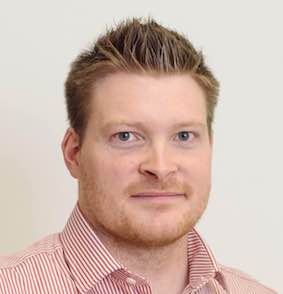Live Online: Optimal Assessment and Management of Patellofemoral
Saturday, 07 November 2020 13:00 - 17:00 (GMT)
Presented through ZOOM!
Completed
This course will review three key areas in the assessment and management of patellofemoral pain:
- What are an individual’s primary pain drivers and which deficits are associated with their presentation?
- How can we manage an individual’s pain and how does this integrate into their overall management plan?
- When and how should we be looking to influence a patients’ structure, biomechanics, activity levels or psychosocial factors and how may this change through the management process?
Within this assessment and management approach, the tutors will highlight the importance of empowering the patient and developing their role in the self-management of the condition. They will introduce tools to educate the patient with respect to their pain presentation and bring to the fore a patient centred management plan.
There is so much more to managing patellofemoral pain than VMO exercises and patellar taping. Individuals with patellofemoral pain present with specific deficits that tailored management has the potential to modify and there is no place for a one-size-fits-all approach. This course will provide you with a greater ability to assess, stratify and manage individuals with patellofemoral pain. Most importantly, this course will provide you with practical and clinically applicable knowledge and competences that can be used the very next time you encounter a patient with patellofemoral pain.
Course aims:
- Improve your knowledge about patellofemoral pain prevalence and etiology
- Further develop your existing skills in:
- assessing the anterior knee
- using adjuncts (foot orthoses, taping, neuromuscular stimulation)
- exercise prescription
- running/movement re-training
- education and activity modification
- Improve your ability to develop and deliver tailored management to individuals with patellofemoral pain


